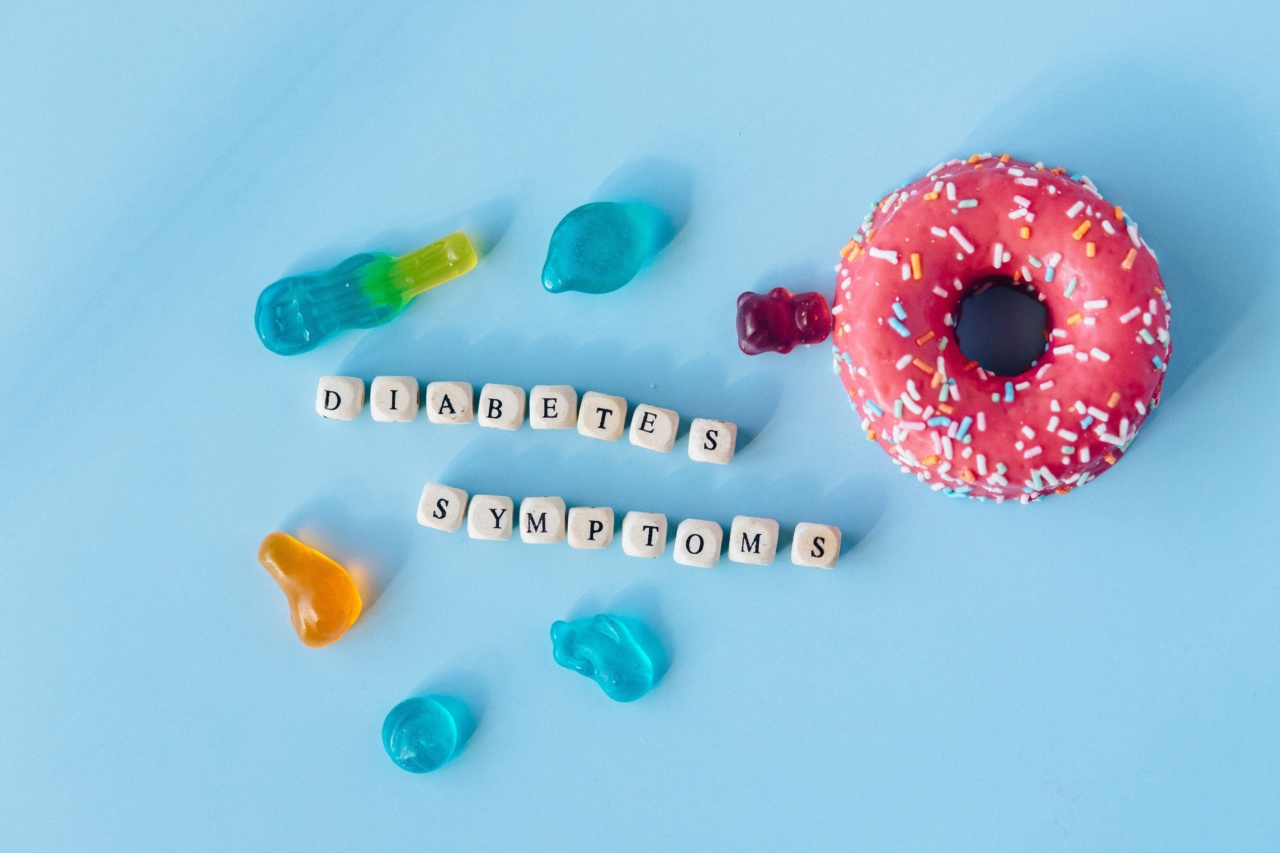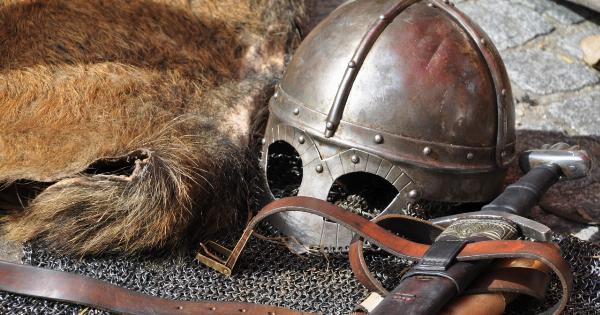Anemia is a condition that occurs when there is a deficiency of red blood cells in the body. Red blood cells are responsible for carrying oxygen around the body, so a lack of them can lead to fatigue, weakness, and shortness of breath.
There are several different types of anemia, but the most common type is iron deficiency anemia.
Causes of Anemia
Iron deficiency anemia occurs when the body does not have enough iron to produce hemoglobin, the protein in red blood cells that carries oxygen. The body can become low in iron due to several reasons:.
Inadequate Intake of Iron: The body needs iron to produce new red blood cells. If an individual’s diet does not contain enough iron-rich foods, anemia can develop.
Blood Loss: Blood loss is a common cause of anemia. This can be due to heavy menstrual bleeding, surgery, or injury where blood loss occurs. In some cases, there may be constant blood loss from the gastrointestinal tract or bladder.
Pregnancy: Pregnant women need more iron in their diet to support the growth of the fetus and to produce extra red blood cells for themselves.
Medical Conditions: Certain medical conditions such as celiac disease, Crohn’s disease, and ulcerative colitis can cause a reduction in the ability for the body to absorb iron.
Chronic kidney disease can lead to a decrease in erythropoietin, a hormone that aids in red blood cell production. Some forms of cancer can also cause anemia.
Symptoms of Anemia
The symptoms of anemia can vary depending on the severity and the underlying cause:.
Fatigue: Feeling tired or weak is the most common symptom of anemia.
Shortness of Breath: When red blood cells do not carry enough oxygen, an individual may experience shortness of breath or difficulty breathing when exerting themselves.
Pale Skin: When the body is low in red blood cells, the skin may appear pale or sickly.
Headaches and Dizziness: When the brain does not receive enough oxygen, headaches or dizziness can occur.
Irregular Heartbeat: When the body is low in oxygen, the heart may beat faster or irregularly.
Iron-Rich Food Sources
Iron is an essential mineral that can be found in both plant and animal-based foods.
While meat sources are the most bioavailable form of iron (meaning they are most easily absorbed by the body), vegetarians and vegans can consume enough iron from plant-based sources if they consume a variety of them.
Meat Sources: Beef, chicken, turkey, pork, and liver are all excellent sources of iron.
Fish and Seafood: Shellfish, such as clams and oysters, are particularly high in iron.
Plant-Based Sources: Legumes, such as lentils, chickpeas, and beans, are all good sources of iron. Spinach, kale, broccoli, and other dark leafy greens also contain iron.
Dried fruits such as apricots, figs, and raisins are also high in iron.
Conclusion
Anemia is a common condition that can have a variety of causes. It is important to consume an iron-rich diet to prevent an iron deficiency and the development of anemia. If you believe you may have anemia, it is important to speak to your doctor.






























